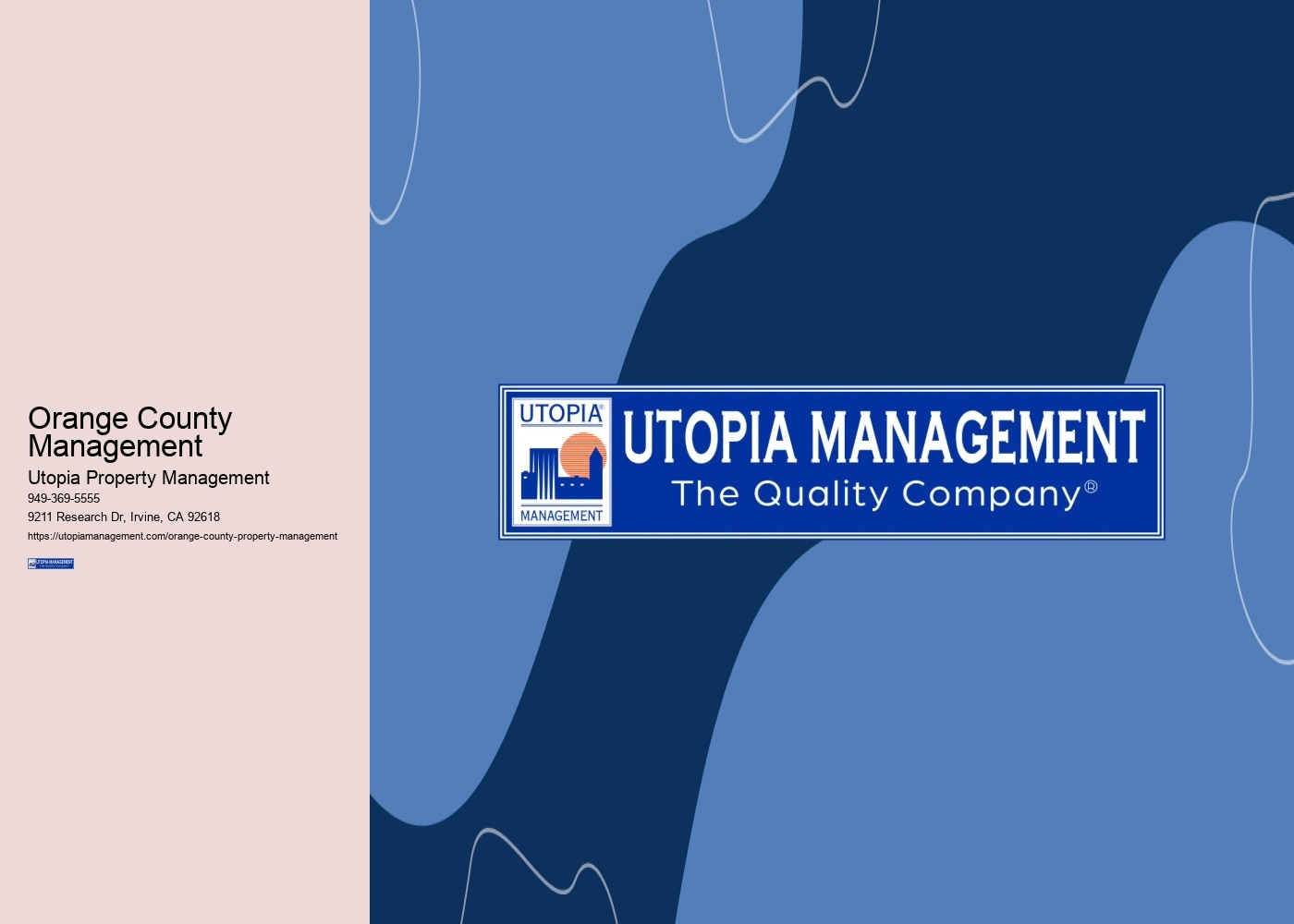

The enhancement of property value through professional management services is a multifaceted approach that encompasses various strategic elements designed to maximize both appeal and profitability.
Effective property management not only involves maintaining physical assets but also implementing marketing strategies that attract desirable tenants while ensuring compliance with legal standards. Additionally, proactive maintenance and financial oversight play essential roles in preserving property integrity and optimizing returns.
As we explore the intricate layers of these services, it becomes evident that the right management practices can notably impact long-term investment success. What specific strategies can contribute most effectively to this transformation?
Property management is a multifaceted discipline that encompasses the operation, control, and oversight of real estate properties on behalf of their owners. This field involves a range of responsibilities, including tenant relations, property maintenance, leasing, and financial management.
Property managers serve as intermediaries between property owners and tenants, ensuring that the property is well-maintained and that tenants' needs are met. They implement strategies to maximize property value and optimize occupancy rates.
Additionally, property management requires knowledge of local laws and regulations governing real estate, as compliance is essential to avoid legal issues. Effective property management not only enhances the overall condition of a property but also contributes to its long-term profitability and sustainability in a competitive market.
Engaging a professional property management service can considerably enhance the value and efficiency of real estate investments. These experts bring a wealth of industry knowledge, ensuring compliance with local regulations and laws, which minimizes legal risks for property owners.
They also implement strategic marketing techniques to attract high-quality tenants, reducing vacancy rates. Additionally, professional managers conduct regular maintenance and inspections, preserving the property's condition and preventing costly repairs.
Their experience in tenant relations fosters a positive living environment, leading to higher tenant satisfaction and retention. Moreover, they handle all financial aspects, including rent collection and budgeting, providing owners with detailed reports that facilitate informed decision-making. Overall, professional management effectively optimizes property performance and maximizes returns.

Boosting curb appeal is essential for attracting prospective tenants and increasing property value. An inviting exterior creates a strong first impression, setting the tone for the overall perception of the property. Start by maintaining landscaping; regular mowing, pruning, and seasonal planting enhance visual appeal.
Make certain walkways and driveways are clear and well-maintained, as they guide visitors toward the entrance. Upgrading exterior paint and making sure the front door is in excellent condition can greatly impact attractiveness. Additionally, thoughtful lighting can highlight architectural features and enhance safety.
Finally, consider adding tasteful outdoor decorations or signage that reflects the property's character. By prioritizing curb appeal, property owners can foster a welcoming environment, ultimately leading to higher occupancy rates and improved financial performance.
Effective communication is the cornerstone of streamlining tenant relations, fostering a harmonious living environment while minimizing conflicts. Property management teams should prioritize open lines of communication to guarantee tenants feel heard and valued. Regular updates via emails or newsletters can keep residents informed about community events, policies, and changes.
Implementing a dedicated tenant portal allows for easy access to important information, maintenance requests, and payment options, enhancing convenience for all parties involved. Additionally, actively seeking tenant feedback through surveys can provide valuable insights into areas for improvement.
Promptly addressing concerns and grievances demonstrates a commitment to tenant satisfaction, ultimately leading to longer lease terms and reduced turnover. These strategies contribute markedly to an improved tenant experience and overall property value.

Maintaining a high standard of property upkeep is essential for ensuring tenant satisfaction and preserving the value of real estate investments. Implementing a proactive maintenance schedule helps identify and address potential issues before they escalate, reducing costly repairs in the long run.
Regular inspections of common areas, landscaping, and building systems contribute to a safe and pleasant environment for residents. Additionally, establishing a reliable network of skilled contractors allows for prompt responses to maintenance requests, enhancing tenant trust and retention.
Utilizing property management software can streamline communication regarding maintenance tasks, ensuring transparency and efficiency. Ultimately, a thorough maintenance strategy not only upholds property standards but also fosters a sense of community, encouraging long-term tenancy and enhancing overall property value.
To unfasten the full potential of property investments, landlords must focus on maximizing financial returns through strategic planning and management. This involves conducting thorough market analysis to set competitive rental rates and employing dynamic pricing strategies that respond to market fluctuations.
Regular financial reviews can identify cost-saving opportunities, such as optimizing operational expenses and renegotiating vendor contracts. Additionally, enhancing the property's appeal through targeted renovations or amenities can attract higher-paying tenants, consequently increasing rental income.
Effective marketing strategies, including digital outreach and professional staging, can further minimize vacancy rates. Finally, engaging with a professional property management service can provide expert insights and operational efficiencies, ultimately driving sustainable financial growth and enhancing overall property value.

Yes, landlords can still manage their property while utilizing property management services. Many property management firms offer flexible arrangements that allow landlords to retain control over certain aspects of their operations, such as tenant selection or rental pricing. This collaborative approach can enhance efficiency and guarantee that landlords' preferences are respected while benefiting from the expertise and resources that property management services provide. Ultimately, it allows for a tailored management experience.
Management fees can greatly impact overall property revenue, as they represent a direct deduction from rental income. Typically calculated as a percentage of gross rent, these fees can vary based on the services provided. While higher fees may seem burdensome, they can correlate with enhanced tenant services and property upkeep, potentially leading to increased occupancy rates and rental income. As a result, it is essential to analyze the cost-benefit ratio when selecting a property management company.
All-in-one property management services typically address emergency maintenance requests through a streamlined process that prioritizes rapid response and effective communication. Property managers often employ a dedicated team available 24/7 to assess and address urgent issues. Upon receiving a request, they quickly evaluate the situation, dispatch qualified personnel, and guarantee timely updates to property owners and tenants. This proactive approach minimizes property damage and enhances tenant satisfaction, fostering a reliable and responsive management environment.